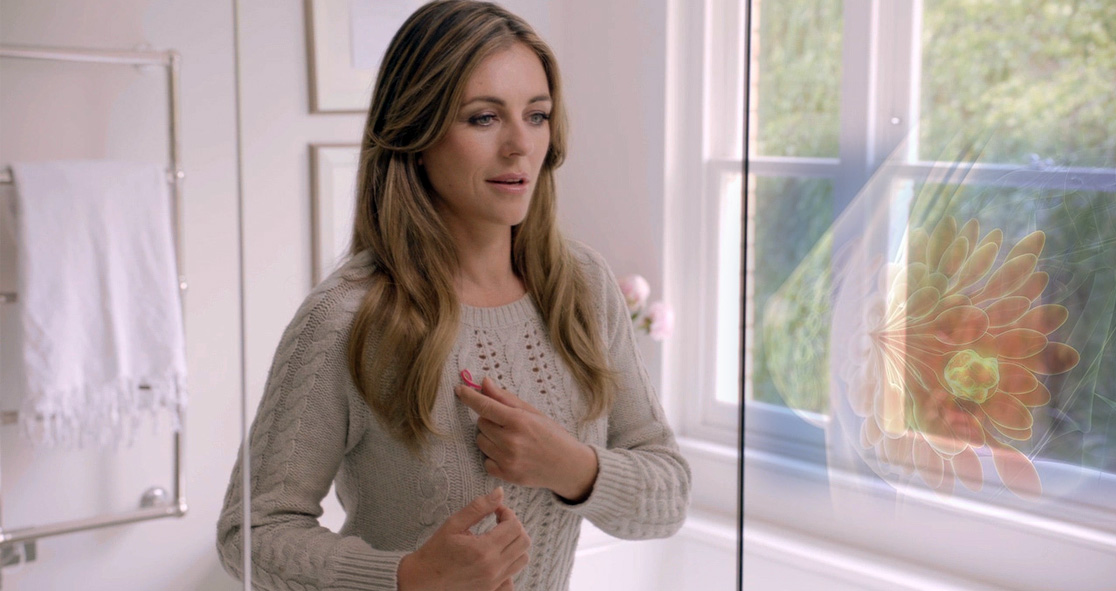A new survey has found that nearly half of British women do not self-examine or check their breasts for any potential signs of breast cancer, with at least one in 10 never do so.
Experts say that women who do not self-examine their breasts should start examining them regularly because early detection of any lump could save their life.
The survey was conducted on more than 1,000 British women. The survey investigators found that 47% of the women said that they did not self-examine their breasts for any lumps or any changes in their appearance, indicating that there could be cancerous.
Oncologists said these findings were “a cause for deep concern,” because the majority of the breast cancer cases are identified when women notice a change on self-examination and get medically examined.
Baroness Delyth Morgan, CEO of Breast Cancer Now, said, “It’s worrying that almost half of women don’t check their breasts regularly for new or unusual changes.”
The survey investigators asked the participants about why they did not self-examine their breast, of which, 46% of those who were been diagnosed with breast cancer said they “forget” to do so.
Some participants said they were embarrassed to do so, others said they did not want to bother their GP.
Morgan said, the survey result “highlights the urgent need to engage women with the importance of regularly checking their breasts, as an action that could ultimately save their life.”
A breast lump is one of the most common changes that could suggest malignancy. Other symptoms of breast cancer include “nipple discharge, dimpling or puckering of the skin of the breast, the breast looking red or inflamed, and swelling in the upper chest or armpit,” according to the Guardian.
Morgan explained that most changes are identified as breast cancer. “When it is, a woman noticing a potential symptom and getting this checked by the GP are often the first steps that lead to diagnosis,” she said.
“Early diagnosis increases the chances of successful treatment, which can prevent women from dying from the disease, meaning the importance of regular breast-checking cannot be underestimated,” Morgan added.
Doctors advise women to regularly check their breasts as a part of a routine examination. Women can self-examine their breasts “when they are in the shower or when putting on moisturizer,” according to Manveet Basra, Head of Public Health and Wellbeing at Breast Cancer Now.
Basra said self-examination should include the whole breast, armpits, and the area covering the collarbone.
In the UK, more than 55,000 women and 370 men are diagnosed with breast cancer every year, killing 11,500 women and 55 men every year.
London-based breast cancer surgeon Dr. Rebecca Lewis, Secretary of the Doctors’ Association UK, said, “The survey from Breast Cancer Now showing that 47% of women do not check their breasts regularly is worrying, but echoes in my experience what we see in breast clinic.”
“All women should be checking their breasts every four to six weeks and not be concerned about what they should or should not be looking for,” she added. “Any new change needs to be seen by their GP.”
Dr. Lewis recommended, “Women should also regularly attend their screening mammograms to detect abnormalities that can’t be felt yet. Early diagnosis is the key to discovering breast cancers when they are small, often meaning less radical treatment is possible. This can have a profound effect on our patients, their treatment, and their prognoses.”
According to a spokesperson of NHS England, women should always attend routine health checks and screening. “Although some people will understandably have had reservations about coming forward during the first wave, essential cancer care was maintained, and now the number of people getting cancer treatment is back to pre-pandemic levels,” the spokesperson added, “so our message to people is to come forward for care and help us to help you.”





















